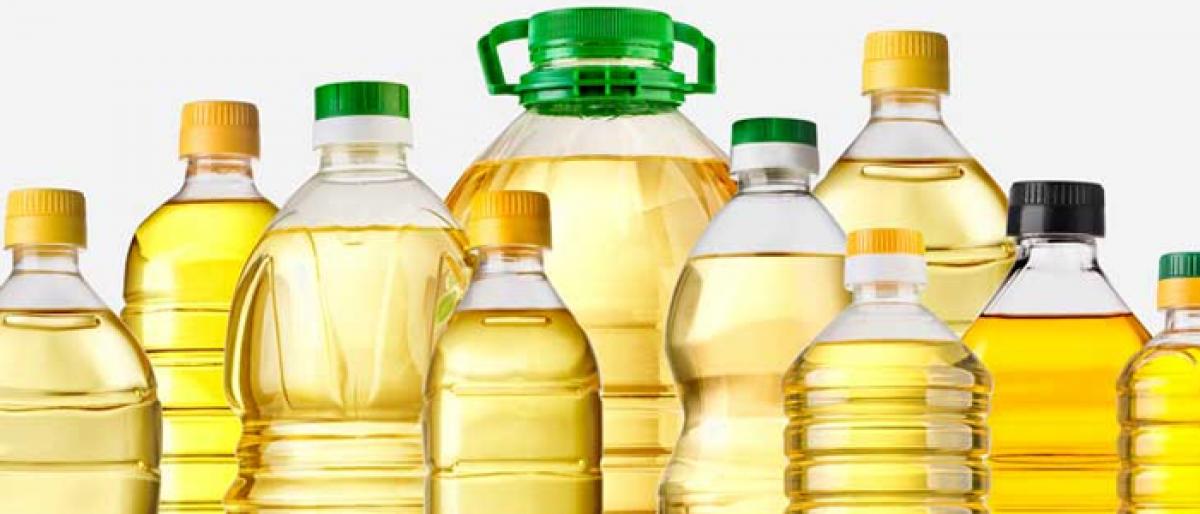Seed oils better for lowering cholesterol: Study

Oils obtained from seeds such as sunflower, rapeseed, safflower and flax seed could be more beneficial in lowering bad cholesterol, known to damage arteries, and increase the risk of heart diseases and strokes, new research claims
London: Oils obtained from seeds such as sunflower, rapeseed, safflower and flaxseed could be more beneficial in lowering bad cholesterol, known to damage arteries, and increase the risk of heart diseases and strokes, new research claims.
Many of the previous studies have established that mono- and polyunsaturated fats are better for blood lipids than saturated fats swapped out one food source at a time, making it hard to tell which of a plethora of vegetable oils might be most beneficial.
However, the study, led by Lukas Schwingshackl, a researcher at the German Institute of Human Nutrition, indicated that solid fats like butter and lard are the worst choice for LDL. The best alternatives are oils from seeds.
"Sunflower oil, rapeseed oil, safflower oil and flaxseed oil performed best," Schwingshackl said.
"Some people from Mediterranean countries probably are not so happy with this result, because they would prefer to see olive oil at the top. But this is not the case," he noted.
For the study, published in the Journal of Lipid Research, the team conducted a meta-analysis of 55 studies that assessed the effects of consuming the same amount of calories from two or more different oils on participants' blood lipids.
They compared the effect of two or more oils or fats on patients' low-density lipoprotein (LDL), or bad cholesterol or other blood lipids like total cholesterol, High-density lipoprotein (HDL) or good cholesterol, over at least three weeks.
Safflower oil showed the highest surface under the cumulative ranking curve (SUCRA) value for LDL-cholesterol (LDL-C)(82 per cent) and total cholesterol (90 per cent), followed by rapeseed oil (76 per cent for LDL-C, 85 per cent for TC).
Conversely, palm oil (74 per cent) had the highest SUCRA value for triacylglycerols (TGs), and coconut oil (88 per cent) for HDL-cholesterol (HDL-C).
Despite limitations in the data, our findings are in line with existing evidence on the metabolic effects of fat and support current recommendations to replace high saturated-fat food with unsaturated oils, Schwingshackl noted.













